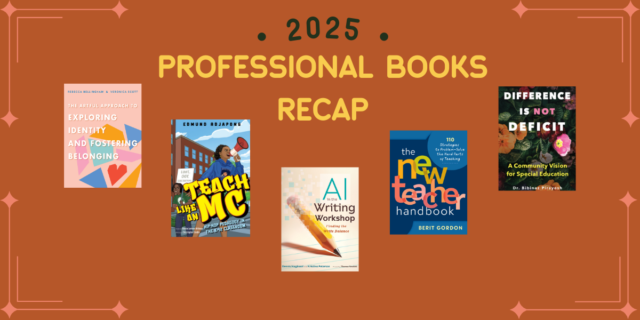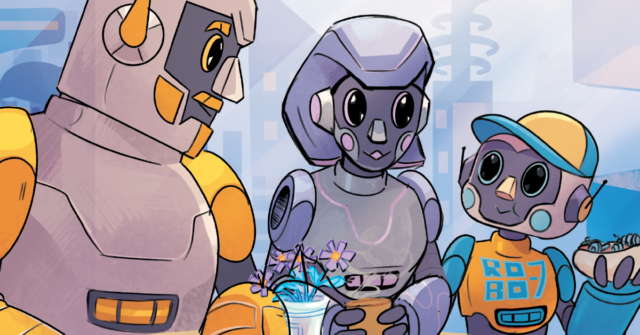
Heinemann is excited to announce the second edition of Fountas & Pinnell Classroom, available this fall. The new edition will provide additional phonics instruction, updated lessons and greater clarity on the appropriate use of strategies to develop reading comprehension skills as part of a comprehensive approach to literacy. Learn more from Irene Fountas and Gay Su Pinnell in this article.
Question: Do we really need better phonics instruction?
Answer: Yes, and…
Recently, much public discourse on education has focused on the teaching of phonics. Contrary to inaccurate portrayals of our work, we have advocated and supported teachers in providing high-quality, systematic phonics instruction throughout our professional careers. Can all of us do better? Yes. We must always continuously improve instruction in phonics and in every aspect of literacy education and we are fully engaged in the process.
Every early reader must have dedicated time for phonics instruction that teaches the essential skills they’ll need to learn to decode, encode and make sense of letters and sounds. And it is important for teachers to learn more about the linguistic system and the theory behind their teaching of phonics. But this alone will not be enough to help all children become successful readers. Teachers also need support in applying their knowledge to provide appropriately developmental instruction to children of varying strengths and needs.
Foundational skill practice needs to be integrated into multiple kinds of reading and writing throughout the literacy block so students have the opportunity to apply what they’re learning in authentic texts. This helps the learning stick and students start to think of themselves as readers and writers. And we’ll also need a clear focus on the other critical elements of comprehensive literacy instruction, including comprehension, vocabulary, language skills, fluency and writing—all essential components of a high-quality literacy program.
We believe that an effective design for teaching literacy includes a coherent set of evidence-based opportunities for whole-group, small-group and individual instruction. There must be time for explicit, systematic phonics instruction as well as opportunities to practice in a meaningful way. That’s why our work has always included opportunities for phonics and word study in each instructional context so students have multiple ways to apply foundational skills to their reading and writing. As has been our practice over the course of our careers, we are committed to continuously improving our resources to better meet the current needs of teachers and students.
We are excited to announce that we are launching a second edition of Fountas & Pinnell Classroom, beginning with two of its key components: Guided Reading K-3 and Shared Reading K-3. This second edition will seamlessly integrate additional phonics instruction and even more opportunities for foundational skill practice that will work in concert with the essential work students are doing within a dedicated phonics curriculum, offering teachers a recommended scope and sequence, and increasing support for teachers’ deeper analysis of oral reading.
The second edition will also offer new instructional routines, designed to save time and make the literacy block more impactful for teachers and students. Updated lessons and oral reading recording forms will make clear that teachers should be using phonics instruction to help students decode words. The use of meaning, structure and non-letter visual information will be available to assist in the development of comprehension skills and vocabulary within deeply engaging books.
We know that preparing children to thrive in a dynamic world with high literacy demands—critical thinking, problem solving, analysis and media literacy—is multidimensional, complex and absolutely urgent. Effective literacy instruction demands that research-based evidence is understood in concert with practice-based evidence and close attention to what individual learners can and cannot yet do. We’re excited to give students additional opportunities to build their skills and deeply honored to work with teachers to respond to the children in front of them, grow in their own expertise and to prepare children to be literate citizens of the world.
-Irene Fountas & Gay Su Pinnell


